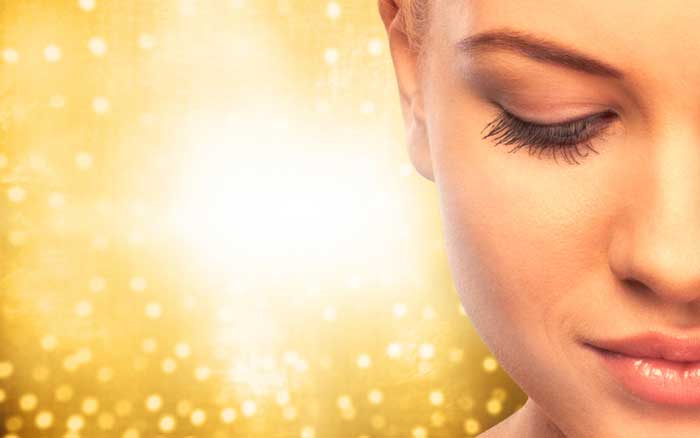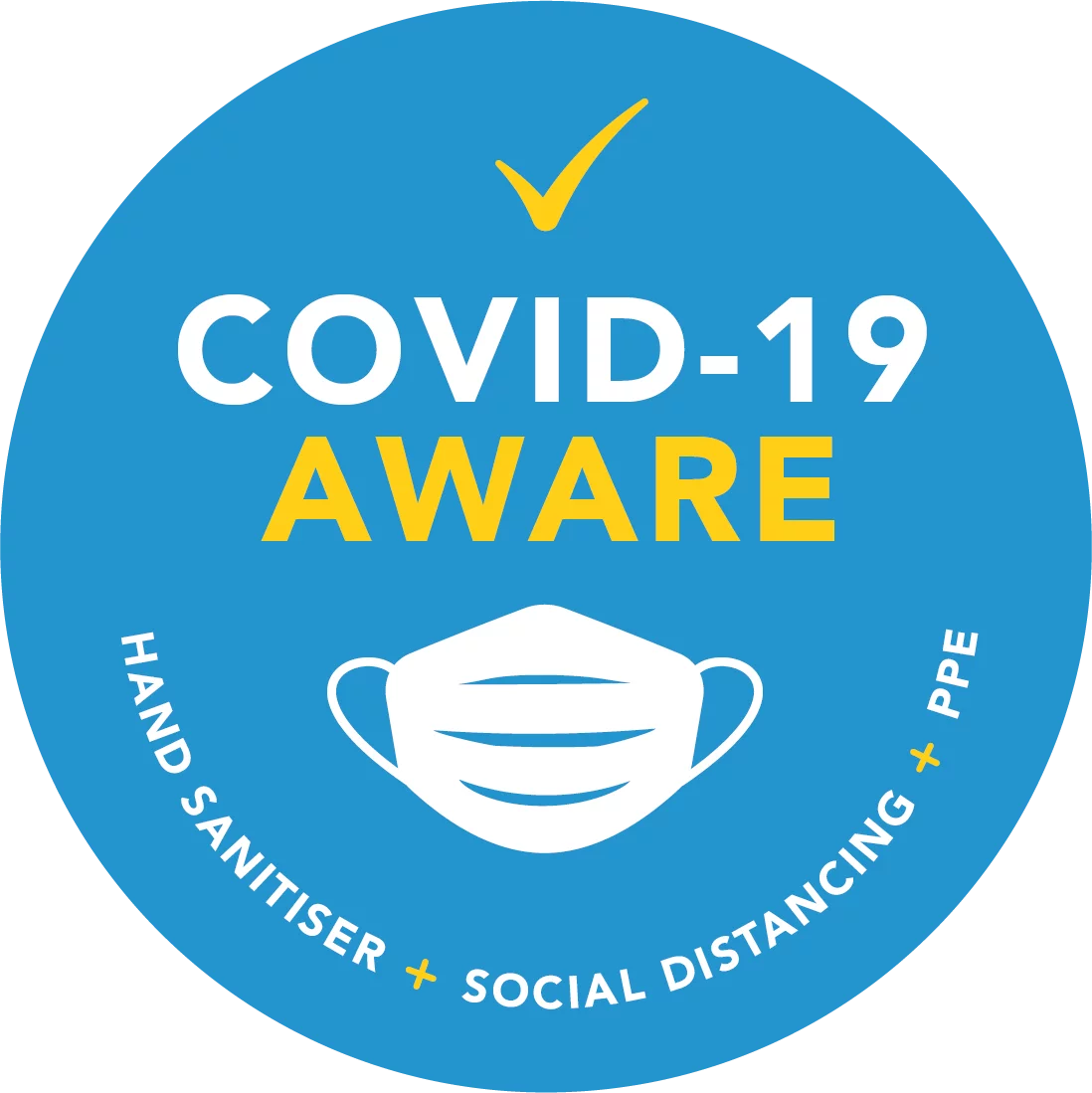Winter brings with it colder days and darker nights. It signals to wildlife it’s time to hibernate. With reduced sunlight, due to shorter day light hours it’s common to experience lower moods and lethargy. The common health issue associated with these symptoms is called seasonal affective disorder (SAD) and statistics show 1 in 15 people suffer from the condition.

The science
Sunshine increases the body’s production of a neurotransmitter called serotonin. It helps to keep our moods well balanced and increases the levels of melatonin, the hormone that regulates our sleep and wake cycles.
According to the NHS, you can spot the following symptoms of SAD quite early on:
- Frequent low moods
- Loss of interest in everyday activities
- Feeling increasingly irritable
- Low self esteem
- Sleeping for longer than normal
- Find it difficult to maintain concentration
What is light therapy?
Light therapy is becoming increasingly popular for overall health issues including SAD, Dementia and Alzheimer’s. A light box can be purchased from a range of high street retail outlets, its purpose is to “fill” the role of the Sun while daylight hours are limited to help support our bodies production of melatonin and serotonin. It’s recommended that users sit in front of the box for at least 30 minutes every day. While it is unlikely a light box will cure SAD, regular exposure may well help ease the symptoms. Helping the body’s internal clock to recalibrate into a consistent sleep and wake pattern.
Is light therapy effective?
Researchers across the globe have conducted small studies to test the effectiveness of the treatment, producing positive results. A study of 50 participants, combined both light therapy and an anti-depression drug. Researchers found that those who combined both forms of therapy experienced lower levels of depression compared to the group that only consumed the antidepressant. In another clinical study, it was found that exposing the participants to light therapy early in the morning can be just as effective as antidepressant therapy.
Vitamin D supplements
The Vitamin D supplement has shown positive results towards recuing SAD symptoms, helping sufferers to feel much brighter. Vitamin D supplements can be purchased in your local pharmacy or health shop. The results have been proven in a study conducted by Dr Pathak. In her clinical trial, she treated patients with a dose of 50,000 IU of vitamin D2 and vitamin D3 for 3 months.
Afterwards, the participants were asked to complete a depression survey. The results showed that participants symptoms of depression were significantly reduced. Dr Pathak said that vitamin D is the sole factor to improving the participants symptoms “Since no other factors in the patients’ lives changed during that time, we can attribute the effects to vitamin D,”
Although light therapy and vitamin D supplements are effective treatments for SAD it’s important to support your body’s optimum health levels with a well-balanced diet, enough sleep and regular exercise.






